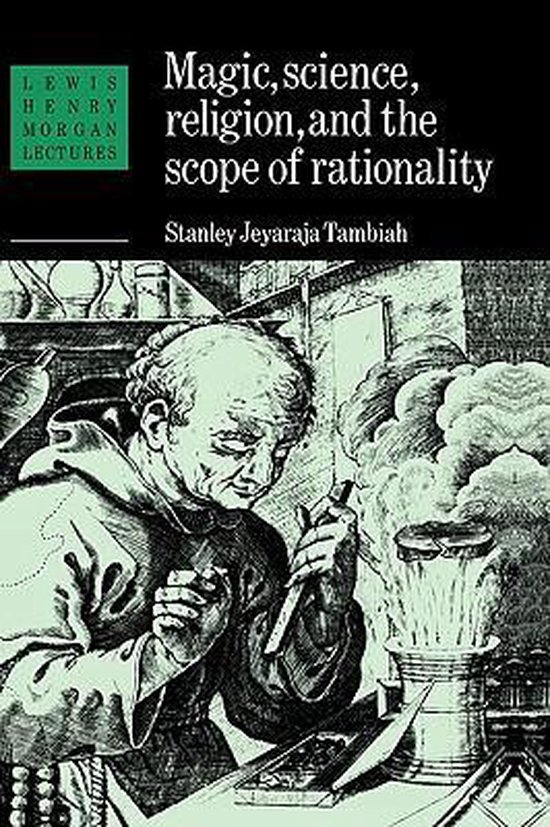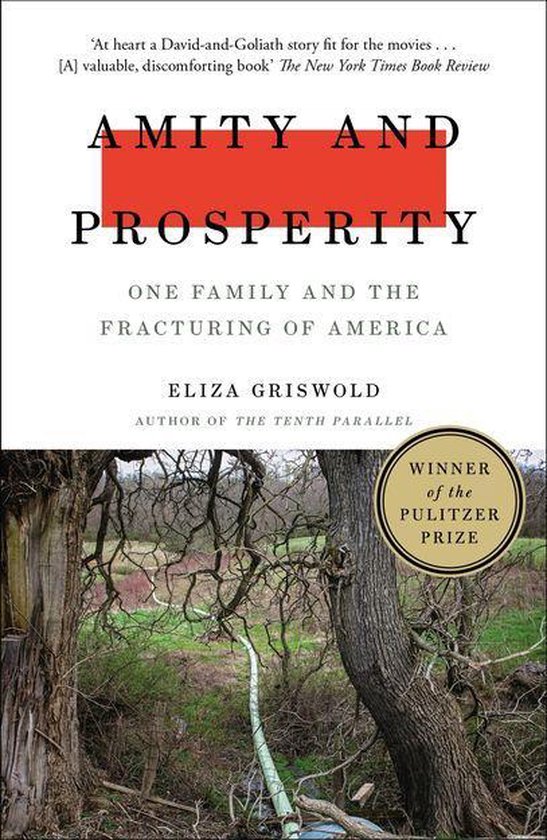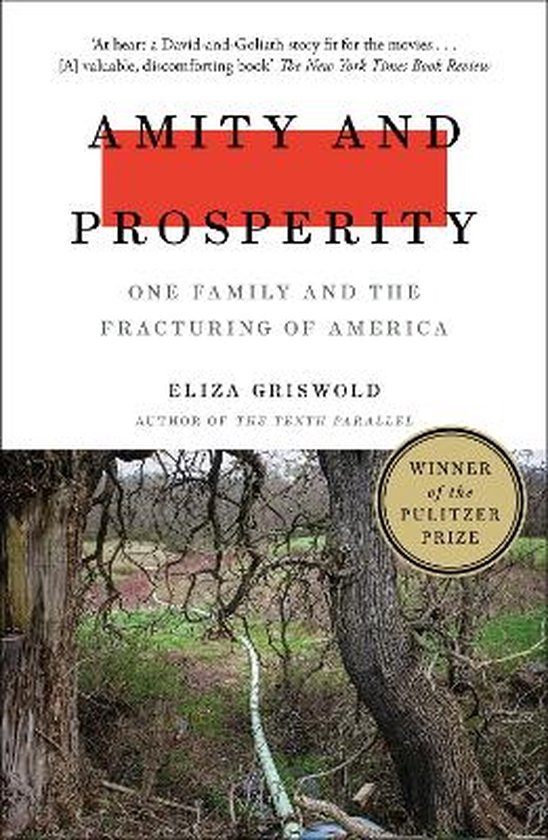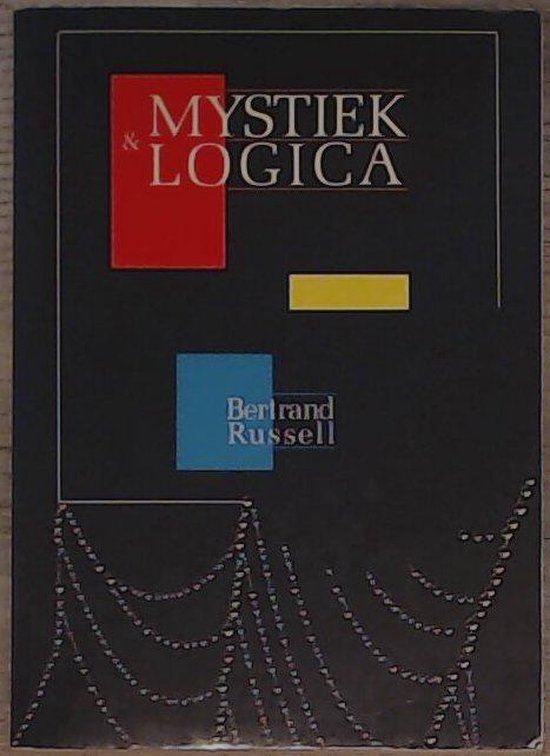
Magic, Science, Religion, and the Scope of Rationality
In this text, Professor Tambiah shows that modern anthropological theorists drew upon the classical sources but introduced new, ethnographic case materials. An account of the theories of Tylor, Frazer, Malinowski and Levy Bruhl is followed by a discussion of rationality and relativism.
Professor Tambiah, one of today's leading anthropologists, is known particularly for his penetrating and scholarly studies of Buddhism. In this accessible and illuminating book he deals with the classical opposition between magic, science and religion. He reviews the great debates in classical Judaism, early Greek science, Renaissance philosophy, the Protestant Reformation, and the scientific revolution, and then reconsiders the three major interpretive approaches to magic in anthropology: the intellectualist and evolutionary theories of Tylor and Frazer, Malinowski's functionalism, and Levy Bruhl's philosophical anthropology, which posited a distinction between mystical and logical mentalities. There follows a wide-ranging and suggestive discussion of rationality and relativism. The book concludes with a discussion of thinking in the history and philosophy of science, which suggests interesting perspectives on the classical opposition between science and magic.
Professor Tambiah, one of today's leading anthropologists, is known particularly for his penetrating and scholarly studies of Buddhism. In this accessible and illuminating book he deals with the classical opposition between magic, science and religion. He reviews the great debates in classical Judaism, early Greek science, Renaissance philosophy, the Protestant Reformation, and the scientific revolution, and then reconsiders the three major interpretive approaches to magic in anthropology: the intellectualist and evolutionary theories of Tylor and Frazer, Malinowski's functionalism, and Levy Bruhl's philosophical anthropology, which posited a distinction between mystical and logical mentalities. There follows a wide-ranging and suggestive discussion of rationality and relativism. The book concludes with a discussion of thinking in the history and philosophy of science, which suggests interesting perspectives on the classical opposition between science and magic.
| Auteur | | Stanley J. Tambiah |
| Taal | | Engels |
| Type | | Paperback |
| Categorie | | Mens & Maatschappij |


